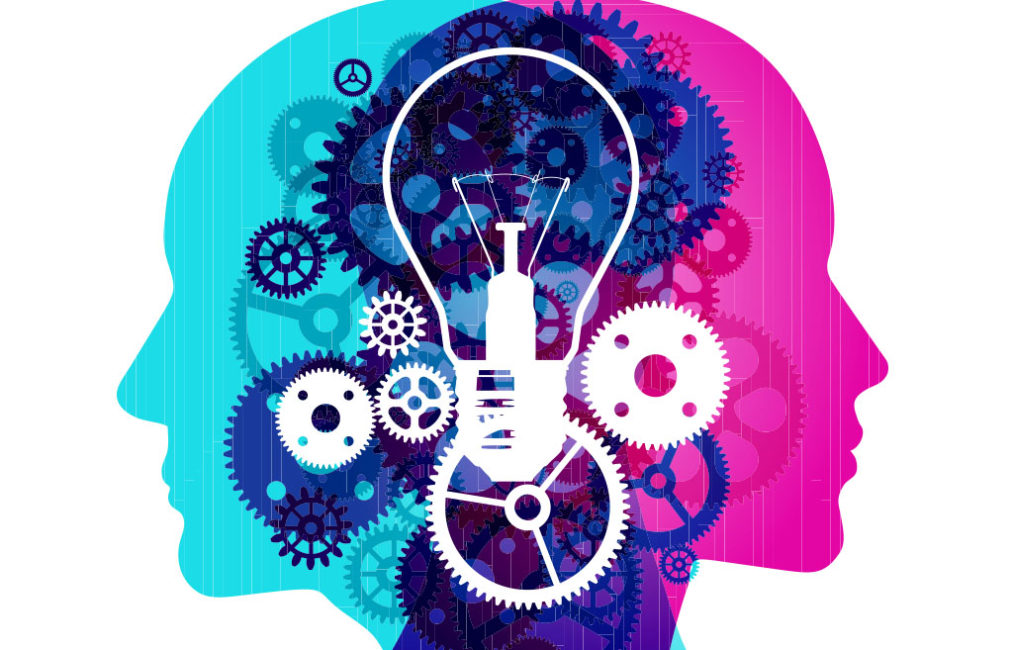Taxonomies for Differentiation and Personalization

Taxonomies for Differentiation and Personalization in Special Needs Learning
Each individual interacts with the world through a specific, personal experience. Tendencies and traits that derive from an individual’s biology manifest in contexts of specific social, cultural and environmental influences. New technologies, tools and processes have enabled further understandings of how biological and experiential elements contribute to developmental processes, yet much remains to be known about these deeply personal elements of the human experience. This was particularly relevant to individuals divergent learning capacities and needs that extend beyond the mainstream, such as those considered to have Autism Spectrum Disorder.
Understanding of the uniqueness of each person’s individual experiences will enable engagements in a wide array of interactions to be better structured – between teachers and students, designers and their users, or physicians and their patients. By better articulating the human experiences involved in learning, social interaction, emotion, and motivation, we anticipated that high impact interventions and support may be developed sooner.
Ongoing Research Initiatives
Nick Haber: Developing a Computationally Precise Description of Early Interactive Learning and Its Impact on Later Development
Bruce McCandliss: Toward New Taxonomies of Student by Treatment Interactions in Special Education: Validating Neural Metrics of Engagement with Naturalistic Stimuli using Mobile EEG
Nilam Ram: Dynamic Learning Maps & Boolean Network Methods to Study Self-Regulation Development
Dennis Wall: Using AI Analysis of Mobile Games to both Track and Treat a Continuum of Early Childhood Learning
Jason Yeatman: Automated Online Assessment of Reading Ability to Enable Personalized Education